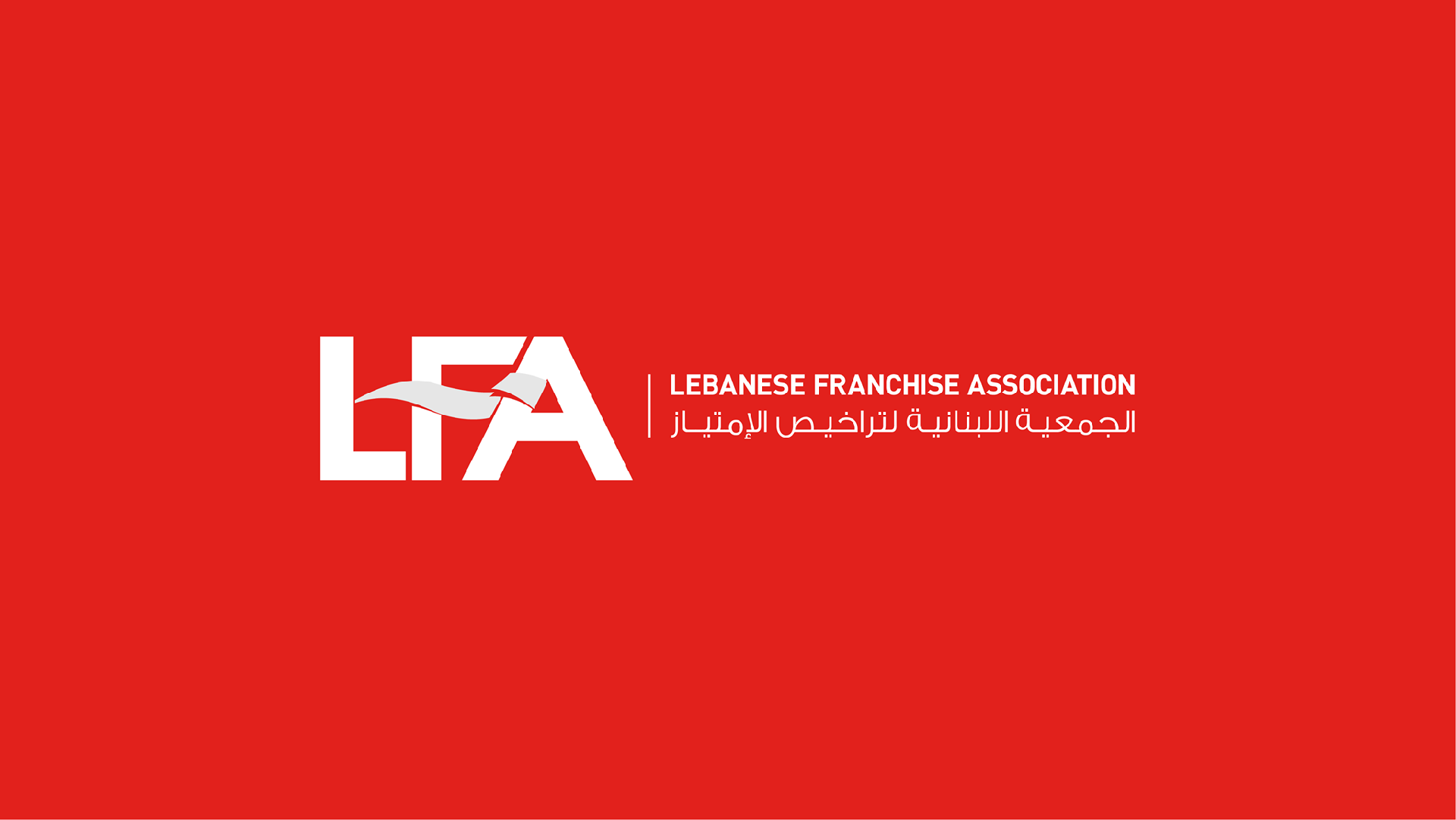
Faced with soaring import costs and an ongoing multifaceted crisis, Lebanese entrepreneurs have shown remarkable ingenuity.
Paradoxically, the country’s challenges have acted as a catalyst, pushing many in the private sector to create their own commercial brands. In a local market hungry for revitalization, particularly following the gradual exit of several international chains since 2019, Beirut has welcomed the emergence of 32 to 34 newly registered brands.
This movement may mark a turning point in Lebanese society, shifting from a consumption-driven model to a more productive and creative dynamic. Some observers call these “brands born out of crisis.”
Franchise or Distribution: Two Paths to International Growth
Lebanon is emerging as one of the Arab world’s pioneers in brand creation and export, fueled by a well-established culture of creativity, particularly in fashion, cosmetics and gastronomy. Lebanese brands are expanding abroad through two main routes: franchising and distribution.
Iconic names like Em Sherif and Zaatar w Zeit have adopted the franchise model, exporting not just products but entire concepts, encompassing interior design, know-how, visual identity and customer experience, all governed by structured contracts and frameworks.
Other brands, such as Al-Wadi Al-Akhdar, Ksara and Bassam Fattouh Cosmetics, have chosen a more flexible approach through distribution. Their products reach international markets via partner retailers or distributors without replicating the full brand experience.
For example, Bassam Fattouh Cosmetics entered a joint venture with the Fattal Group to expand across the Middle East, Gulf and North Africa, already appearing on regional e-commerce platforms like Phreya and Galeries Lafayette Doha.
The choice between franchising and distribution is far from trivial: it affects how much control a brand retains, the level of investment needed and the scale of its international reach.
A Structured Sector Driving Growth
The franchise sector in Lebanon includes around 1,200 active brands, evenly split between 600 local concepts franchised abroad and 600 international brands operating domestically. This sector represents a significant slice of Lebanon’s economy, contributing roughly 4% of GDP.
However, the crisis has deeply impacted activity, with franchise revenues falling from over $2 billion before 2019 to around $500–600 million today. Yet, some brands continue to attract strong investor interest. Three local names recently secured Gulf investments exceeding $110 million each.
According to a well-informed source familiar with the franchise sector, two of the three brands attracting Gulf investors — especially from the UAE, are the Em Sherif group, specializing in restaurants, and Addmind Group.
Founded in 2001, Addmind operates several restaurants and nightclubs, including the renowned Bar du Port, with locations in Dubai, Bahrain, Egypt and Riyadh.
With more than 100,000 direct jobs, franchising remains one of Lebanon’s key employment sectors. Food and hospitality dominate, making up nearly 49% of franchises, followed by fashion, jewelry, and interior design. Business models vary widely: some brands focus on manufacturing, others on distribution and some combine both.
Franchise: Is Syria Becoming a New Playground for Lebanese Brands?
Speaking to This is Beirut, Yahya Kassaa, President of the Lebanese Franchise Association (LFA), remains confident despite Syria’s growing economic momentum. He dismisses concerns of direct competition between Beirut and Damascus in attracting international franchises: “I’m not worried about Turkish or regional brands entering Syria. These are smaller players, they won’t overshadow Lebanese businesses.”
On the contrary, Kassaa views Syria as a promising emerging market for Lebanese franchisors, franchisees and master franchisees, provided political stability is established. “It’s a real growth opportunity for our franchise sector,” he emphasizes.
Among the groups best positioned to capitalize on this regional shift is Azadea, a giant in master franchising across the Middle East, representing major global brands like Zara, Virgin Megastore and Paul.
A master franchisee holds exclusive rights to operate an international brand within a specific territory, able to open stores or grant sub-franchises to other operators while managing local adaptation, logistics, hiring and marketing.
Kassaa also notes renewed international interest in the Lebanese market after years of retreat. Some brands have already returned, often with new local partners, including Adidas and Pinkberry.
“If political stability returns, Lebanon can once again become a key regional hub. The growing presence of commercial brands in downtown Beirut already signals what’s ahead.”




Comments